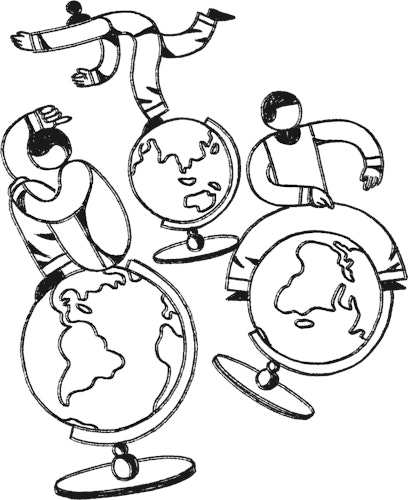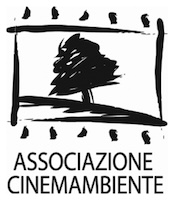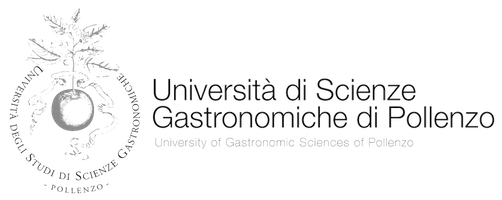Buddha’s Bergwuste - Tibets Geheimes Erbe im Himalaya
Directed by
The Kinnaur and Spiti regions of the Indian Himalayas have always belonged to the pipe dreams in the shadow of the Himalayan giants. The daily life of the inhabitants of these border areas, once belonging to Tibet, is characterised by strange and mysterious rituals. Monasteries, among the oldest monuments of Tibetan Buddhism in the world, still testify to the presence of a special spiritual universe. In the highest mountain regions, monks preserve the heritage of Tibetan animism, which has now practically disappeared.
Director Tina Radke-Gerlach and her team succeeded in obtaining permission from the Indian authorities to film in a politically sensitive border area that had been closed to foreigners for more than 40 years. The Dalai Lama's support also made it possible to use the camera in areas never filmed before, such as an ancient treasure room. The team follows the teachings of Rhinchen Zangpo, a holy man who spread Buddhism in Tibet over 1,000 years ago and oversaw the construction of more than 100 monasteries. The journey is then a pilgrimage through folk traditions and shamanistic rituals, sacred spectacles still only present in the Spiti region.








